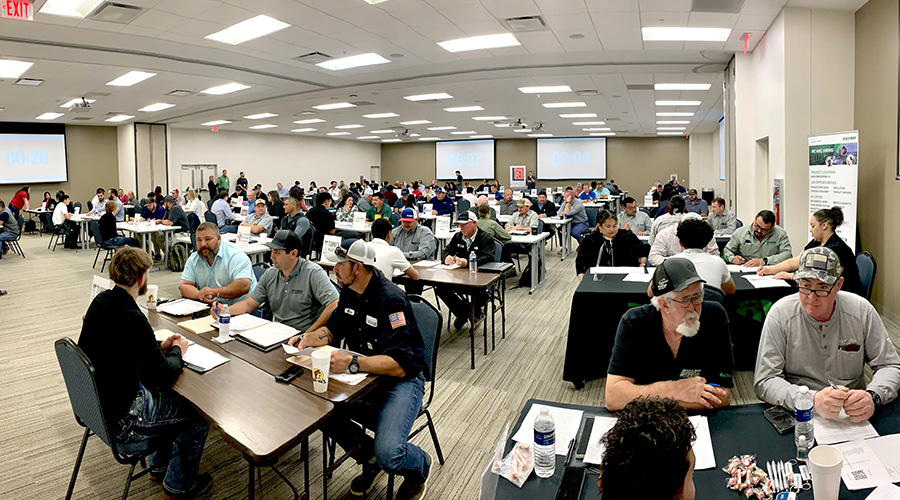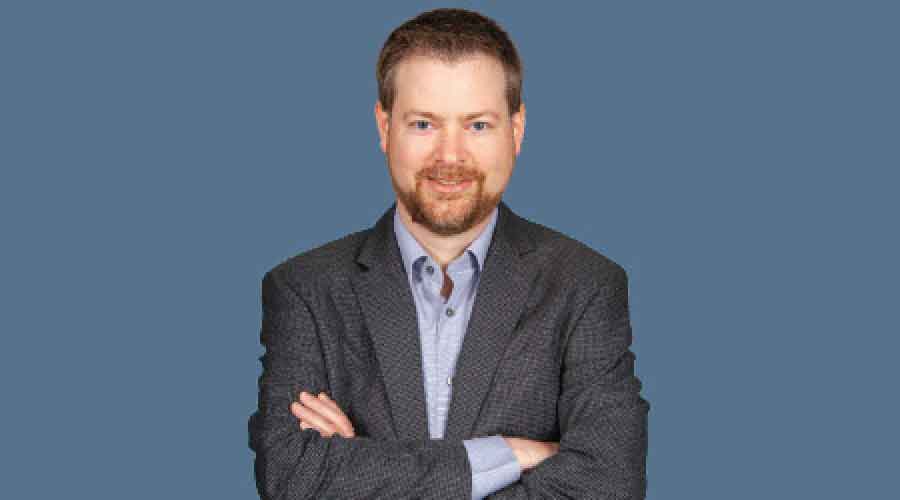Options Revealed: Newly Announced Additions to MS Expo Conference Schedule
Proactive maintenance is one of the timely, relevant topics that will be addressed at MS Expo 2006, taking place March 7-9 at the Baltimore Convention Center. With conference tracks including Maintenance Management Insight and MRO, the 30 educational sessions cover a spectrum of professional issues.
“Every year, we strive to determine the front-burner topics engineering and operations professionals need to know more about,” says Wendy Loerch, director of education for the event. “Many of our presenters are seasoned facility practitioners who can speak from a wealth of experience.” Loerch points to three sessions already confirmed for MS Expo 2006:
Maintenance Scorecards: Measure What You Manage
Presented by Michael B. Cowley, CPMM, of CE Maintenance Solutions, the session spotlights the importance of tracking the activities and performance of a maintenance organization. Included in the discussion will be the business reasons for measuring what you manage, the prerequisites for establishing a scorecard, and the top 10 maintenance scorecards.
Partnering Design and Maintenance
Presented by Steve Spencer and Kristi Zook of State Farm Insurance, the session outlines steps taken by interior design and facilities maintenance to develop a team dynamic and a methodology for defining a company standards program to be utilized in building projects. The aim: to accent the need for the collaboration of the two units in developing a process ensuring aesthetically pleasing and maintenance friendly attributes. The speakers developed proven design and maintenance ideas, and they will share them with attendees.
The NASA Method: Streamlining Condition Assessments, Estimating Deferred Maintenance
Presented by Donald Sapp of Plexus Scientific Corp., the session addresses the struggles to produce accurate facility condition assessments. It also presents an overview of NASA’s facility condition assessment method — a rapid, low-cost, auditable, and consistent assessment of the condition of its facilities and systems that provides a deferred maintenance costs estimates for less than $0.02 per square foot.
New Metering Standards: NEPA 2005
Presented by Greg Peters of EnVision Energy Solutions Co., explores the National Energy Policy Act of 2005 and its new standards intended to allow the electricity consumer to manage energy use and costs through advanced metering and communications. This session will examine impacts of this legislation, including the potential benefits of these advanced metering methods to end users, and it will provide an update on various state implementations related to demand response and time-based metering.
Terror in the Maintenance World: Converting Ambient Anxiety Into Productivity
Presented by Randy Uzzell of Global Security Solutions and Pete Little of Mpact Learning, the session demonstrates how to prepare for the worst while generating the best performance results in a maintenance department. This session details how to minimize expenses without weakening defenses, how to develop a systematic approach to avert a disaster, and how to convert concerns over terrorism into constructive results.
|












